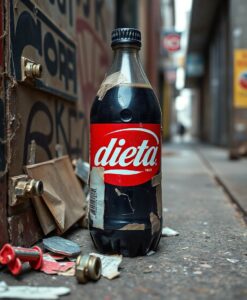Scientists are exploring several biological routes that might explain these results. Sweeteners and sugar can alter the gut microbiome, change how the body handles fats and sugars, and influence appetite signals from the brain. Over years, those shifts can quietly reshape metabolic pathways in ways that raise the risk of liver fat accumulation and inflammation. That makes routine drink choices a relevant factor in preventing chronic disease.

For anyone thinking about resilience, longevity, or making daily habits more inclusive and health-supporting, these findings prompt new questions. How do different populations respond to artificial sweeteners? What alternatives reduce risk while fitting diverse dietary needs and cultural practices? Follow the full article to learn how this line of research links beverage choices to human potential and which next steps scientists are taking to protect liver health.
Both regular and “diet” soft drinks may be far worse for liver health than believed. A massive study of over 120,000 participants found that consuming more than one can a day of either sugar-sweetened or low/no-sugar beverages sharply increased the risk of metabolic-associated steatotic liver disease (MASLD) and even liver-related deaths. Surprisingly, “diet” drinks carried similar or higher risks, potentially through changes in gut bacteria and appetite regulation.

